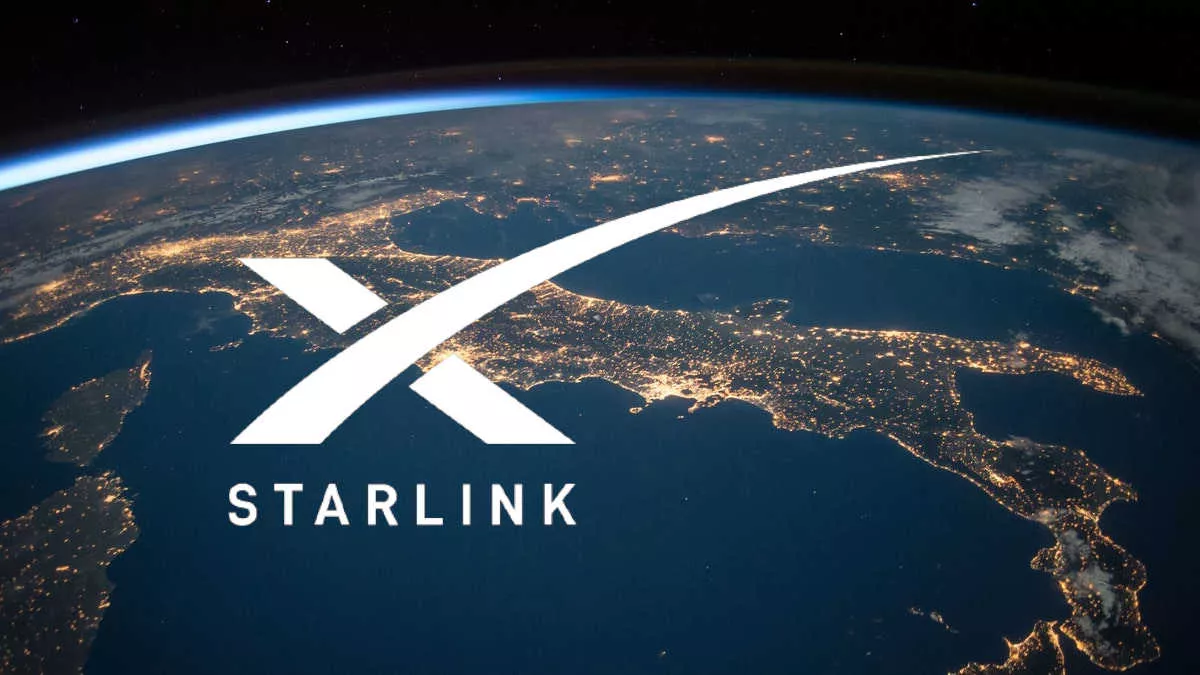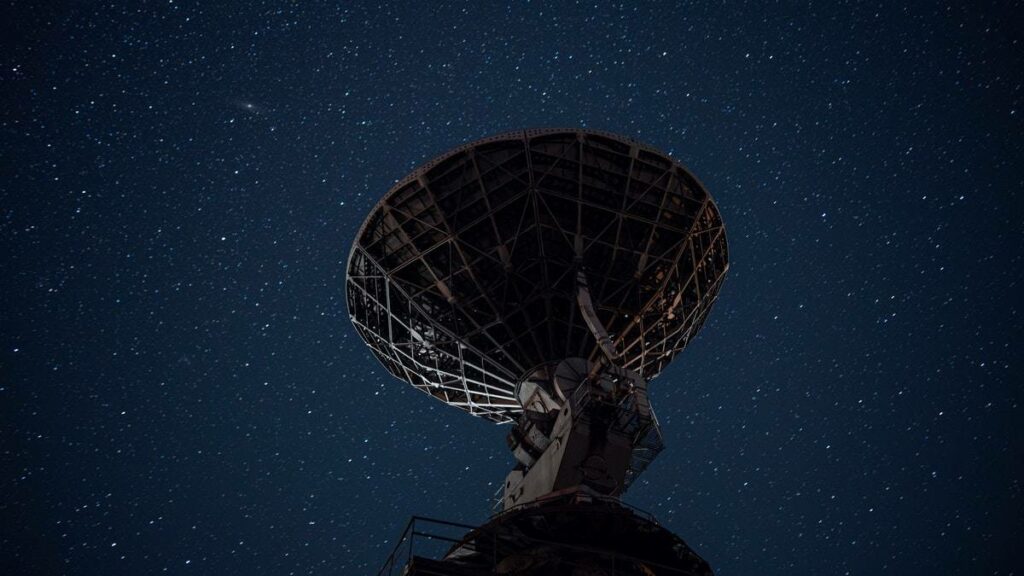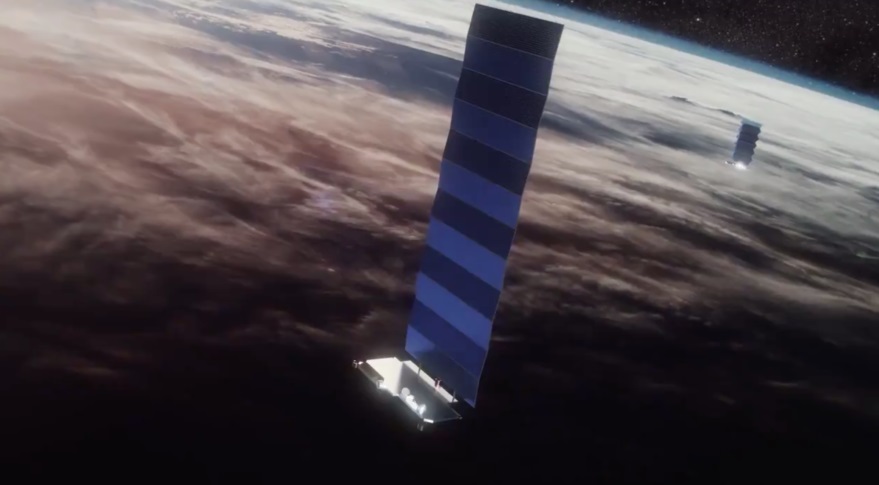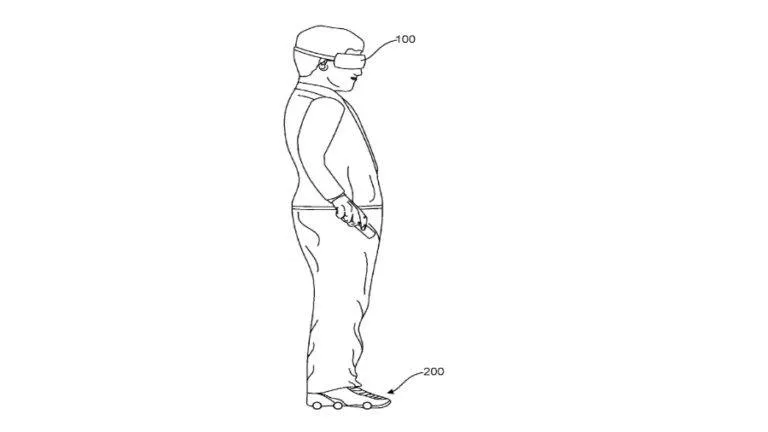Elon Musk’s Starlink Offers The Fastest Satellite Internet Speed: Ookla Report

When it comes to providing internet access to every corner of the world, satellite internet seems like the obvious answer. And Elon Musk’s Starlink is spearheading this domain as the fastest satellite internet provider in the U. S., with speeds rivaling those of broadband companies.
According to Ookla, one of the popular internet speed test companies, Starlink’s performance has grown by leaps and bounds since the first quarter. To be precise, the Musk-owned internet provider offered a median download speed of 97.23 Mbps during Q2 2021, up from 65.72 in Q1 2021.
Starlink Charges Ahead Of The Competition
Considering this, fellow satellite internet companies HughesNet and ViaSat only managed to touch median download speeds of 19.73 Mbps and 18.13 Mbps, respectively. Although this is an improvement from their respective scores of 15.07 Mbps and 17.67 Mbps in Q1, they are still way behind Starlink.

Even when we assess latency, simply the responsiveness of an internet connection, Starlink leaves its competition in the dust. It offers an impressive latency of just 45 ms (the lower, the better). On the other hand, HughesNet and ViaSat provide high latency rates at 724 ms and 630 ms, respectively.
Also know why Elon Musk tweeted in support of Epic regarding app Store Fees, click the linked article to find out more!
Starlink’s Speed Is Catching Up With Broadband
In fact, Starlink is increasingly looking like a prospective competitor to fixed broadband providers. The Ookla report shows that Musk’s internet service is a promising second to broadband with a 115.22 Mbps median download rate. Moreover, the satellite internet company is also gradually catching up with the 14 ms latency of broadband.
A major factor behind Starlink’s speedy performance is that its satellites operate at a low earth orbit (550-1200 km). This is opposed to the higher orbits (as much as 35,000 km above the surface) covered by its competitors. The higher a satellite network is deployed, the wider its coverage but at the cost of speed.

SpaceX’s internet service engages in this trade-off between coverage and speed with a stronger focus on the latter. Hence, Starlink records comparatively higher speeds than other satellite internet firms. As per Ookla, these speeds even trump the broadband competition in certain countries, including Canada and France.
However, the speed and latency of Starlink tend to fluctuate occasionally. In the same report, the speed test company mentions that Starlink’s performance in the U.S. temporarily dipped in February and June. This drop is attributed to more users signing up for the service and changing weather patterns.
Satellite internet is still a novel technology and has been improving steadily over the past few years. It is our best bet to cover the most remote locations under the blanket of the world wide web. Starlink, being the leader in this field, would likely define how the technology matures over the span of this decade.






